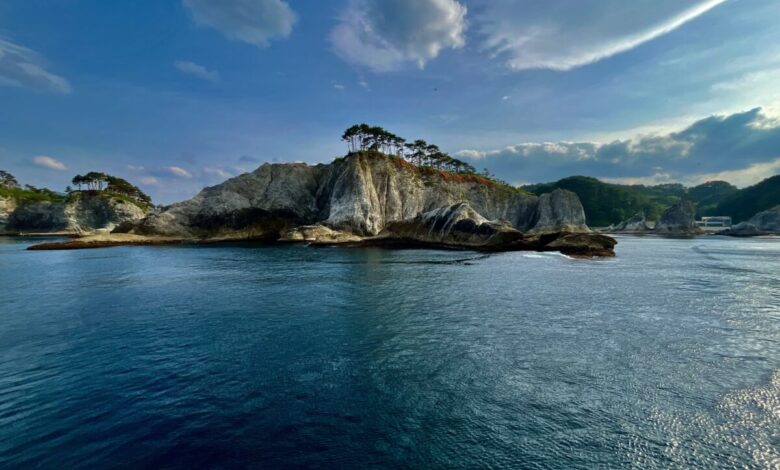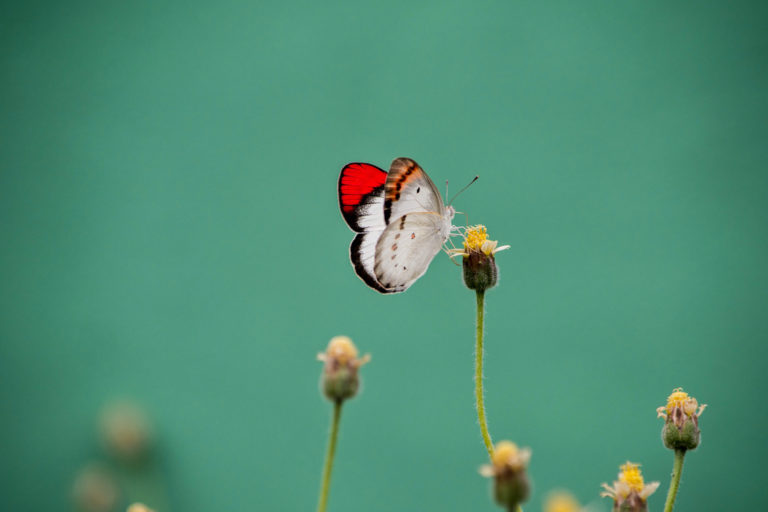A podcaster’s charge to listeners & fellow humans (commentary)

- When Mongabay’s podcast receives feedback, most of it is positive, but sometimes it despairs about what can be done about the state of the natural world and human societies.
- Podcast host Mike DiGirolamo has struggled with the same questions of futility in the face of huge challenges in the past, but in a new op-ed he shares how he has overcome these through a strategy of engagement and action.
- “I do what I do because I’m trying to give listeners information to inform their decisions, and suggest actions. I don’t interview leading scientists, human rights experts, activists, or authors simply because I enjoy speaking with them. I interview them because I want our audience to hear what they have to say, and use their valuable insights,” he writes.
- This article is a commentary. The views expressed are those of the author, not necessarily of Mongabay.
Recently, a listener to Mongabay’s podcast sent us an email thanking us for our work and asking, “how can you keep going?” amid all the systems at play that are destroying nature.
They wondered how to do even more to save our planet and feel less helpless and depressed.
These are good questions. I take them seriously.
As someone who has dealt with this for years, I have some advice that hopefully will save you some of the pain from the mistakes I made.
If, like me, you find your head spinning, and day after day you are wound up and feeling despair at the state of the world, you need to pause. Take a breather, disconnect from the news cycle or social media, and connect with your support networks, mental health counselor, friends and family. Take care of yourself. Do this first. The world can wait.
Also, get out in nature. Find the joy that feeds your creativity and your soul, whether it’s a place, person or activity. Connect with it as often as you can, and don’t forget why it matters to you. For me, I find that in my art. I also make time to visit places that bring me peace. The shores of northern Honshu in Japan set my head straight.
Now, let me tell you a brief story about why I don’t quit and how I found the answer to this problem.
At the end of 2023, I became overwhelmed with the state of the world: wars, autocracies, human rights abuses, ecological destruction, rising costs of housing, food, education and health care. All this while our governments seem completely content with not just business as usual, but also with a terrifying decay of almost every living standard imaginable.
It was all just … too much. I hit a breaking point.
I didn’t see a future in which I could raise a child of my own, let alone a society capable of taking care of itself and the ecological systems it relies on.
Nothing I reported on gave me confidence that these trends were being taken seriously by people in positions of power to actually do something about it. Why did I do all this work when the world seemed so intentionally and persistently bleak?
I told my concerns to a trusted confidant.
As I sat explaining the burden and despair I felt and the seeming futility of my work, this person blithely questioned.
“So, why don’t you quit then?”
“Excuse me?” I asked.
“Why don’t you quit, Mike?” they repeated.
I had to think about it for a minute because the question was really hard to answer. How could I just quit? Is that even an option? Can one just quit? Apparently so! But I was so offended by the idea of quitting that I hadn’t even stopped to think about why I don’t. And then it hit me.
“Because I don’t want to,” I concluded.
“Exactly. You do not give in to despair,” they said. “What you’ve just figured out can take some people their whole lives to understand.”
The point my confidant stressed is that there are functionally two options here: give in to despair, or keep trying despite it. One must make a choice, no matter how intractable things may seem. It is a decision.
We feel despair, but giving in does not bring us closer to a resolution. Climate fiction author Kim Stanley Robinson told me as much when I interviewed him for the podcast this year.
The reason I get up every single day and try is because the alternative is objectively worse. Two things:
- I am not helpless. There are things I can do.
- What I do matters a lot. Perhaps more than I can see.
You may think you’re helpless to change much. You may think your actions are not making a difference in the grand scheme of things. But you cannot fully know the impact of all your actions or even your words. A single conversation can change a person’s outlook, sometimes their life, or the lives of people they know. Talking to people you know is perhaps one of the most impactful ways people’s views are influenced.
If I receive one positive email from a reader, that is a tiny glimpse of potentially many more people who feel similarly. Just because I don’t see it, doesn’t mean it’s not there.
So, what can you do? Lots. Individually and collectively. You can organize with groups of people in your area to pursue any venture, endeavor or action you feel is going to benefit your community, country or the planet. These actions have a direct and lasting impact not only on your local area but also on the body politic of your state. Your actions are not like drops of water in a pond, but rather like the flapping wings of a butterfly — in what is known as the “butterfly effect” — creating unknowable, and perhaps far-reaching impacts somewhere at some time.

I recommend several books. The first one, whose author I also interviewed for our podcast, is What If We Get It Right?, by Dr. Ayana Elizabeth Johnson. The other is Tools to Save Our Home Planet from Patagonia Books, edited by Nick Mucha, Jessica Flint and Patrick Thomas. And please see Hope Dies Last, by Alan Weisman. Read these and take some inspiration from them.
Here’s another thought: A man named Zohran Mamdani wants climate action in his city of New York, as well as affordable housing, transportation and childcare for all. He’s just 33 years old, yet just became the major party’s nominee. And while anything can happen, he’s likely to be the next mayor of this global metropolis.
If he can do that with grassroots organizing, certainly whatever you want to achieve is doable. I can keep reporting and writing, and there is something you can do in your community to act, whether it’s letting your government representative know how you feel about their stance on climate policy, housing or land use, or taking local action on any number of issues you care about.
Your voice matters. Your actions matter. You matter.
If you don’t like what corporations or your governments are doing, tell them. Email them. Call them. And don’t stop, even when it feels like it falls on deaf ears. Someone somewhere is listening to you. It does matter.
At the end of the day, I do what I do because I’m trying to give listeners information to inform their decisions, and suggest actions like all these. I don’t interview leading scientists, human rights experts, activists or authors simply because I enjoy speaking with them. I interview them because I want our audience to hear what they have to say, and use their valuable insights.
How do I keep going? I think of the kind of world I want to live in, and I do one small action each week to make it happen. When I feel despair, I pause, seek joy, and I think of our listeners, the readers, the generations that will come after, and their right to a livable world.
And I ask myself, do I want to give that up?
Absolutely not.
Giving up is not an option.
Subscribe to or follow the Mongabay Newscast wherever you listen to podcasts, from Apple to Spotify, and you can also listen to all episodes here on the Mongabay website.
Mike DiGirolamo is a host & associate producer for Mongabay based in Sydney. He co-hosts and edits the Mongabay Newscast. Find him on LinkedIn and Bluesky.
Banner image: White rhyolite spires on the shores of Jodogahama Beach in Miyako, Japan. These spires are estimated to be around 45 million years old and form a natural version of a Japanese garden. This beach is part of Sanriku Fukkō National Park. It was incorporated into this national park as a reconstruction effort following the Tōhoku earthquake and tsunami in 2011. Image by Mike DiGirolamo for Mongabay.
Related listening:
Hear Tsering Yangzom Lama of Greenpeace Intl. explain how to counter harmful societal narratives about nature:
Hear the inspiring tales of hope that lifted the ecological despair of veteran environmental journalist, Alan Weisman:
Source link
